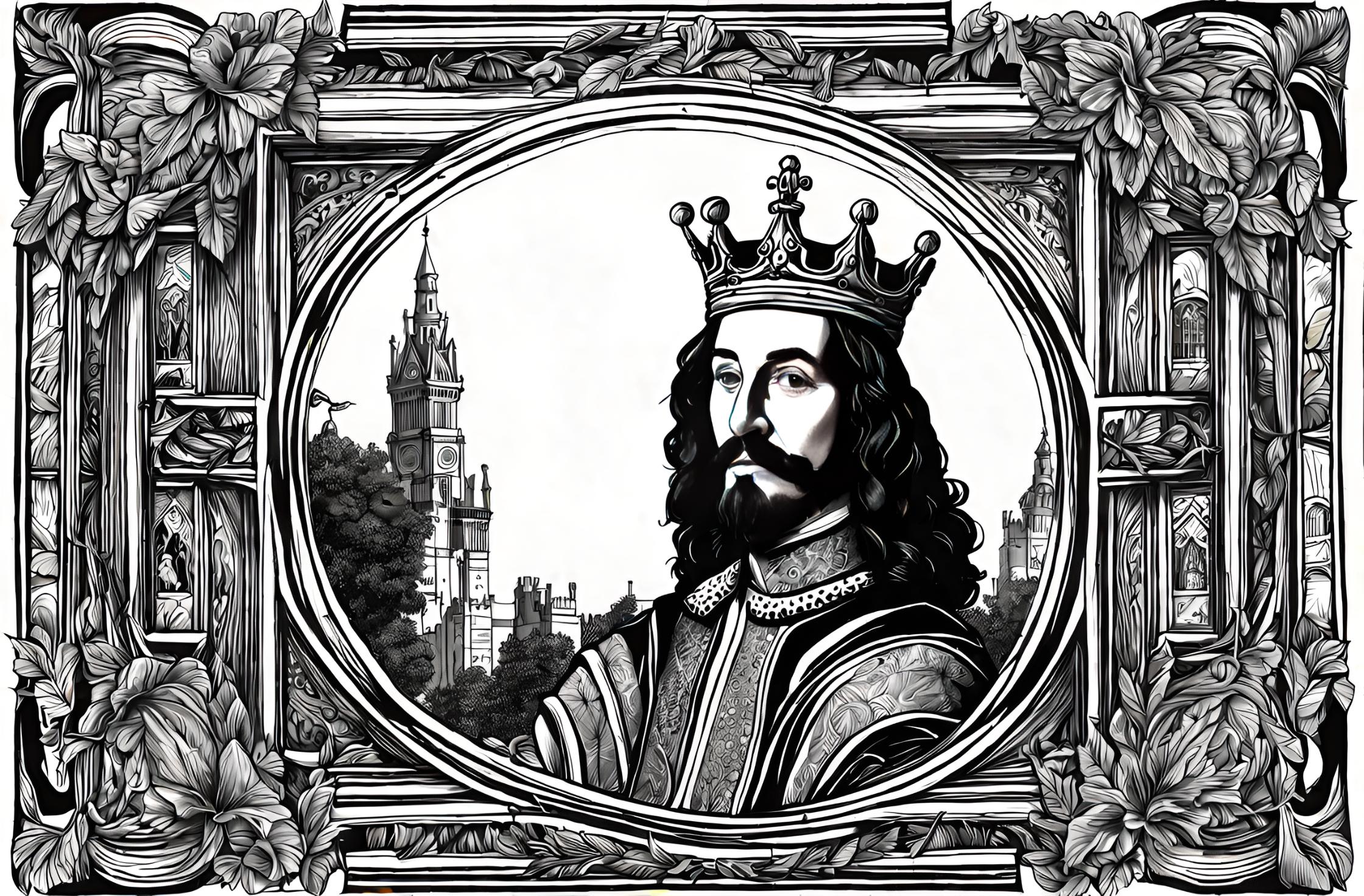Flashback to January 30
World History

On an eventful day in the annals of England’s history, King Charles I suffered his tragic fate via beheading on January 30, 1649, at Whitehall Palace. This event marked a significant turnpoint in English history, and has since been a poignant topic for historians worldwide. This article details the implications of his reign, the circumstances leading to his execution, and the profound impact his demise had on the monarchy and England as a whole.
King Charles I was an iconic figure who ruled England, Scotland, and Ireland from 1625 until 1649. His reign was characterized by religious and political tensions, largely borne out of his pure belief in the ‘divine right of kings’. Charles I’s disagreement with Parliament on essential matters like taxes and religious changes was the primary trigger of the bitterness that ensued.
The king’s unyielding stance on his policies is what instigated the English Civil War in 1642, a conflict comprising three wars over the span of seven years. The first two wars saw Charles I pitted against the forces of Parliament, with both sides amassing victories and losses. However, it was the third and definitive war that sealed the fate of the monarch. The New Model Army, led by Oliver Cromwell, emerged victorious, subsequently capturing King Charles I.
The monarchical rule was temporarily abolished, and for the first time in English history, a king was put on trial for high treason. Despite Charles I’s refusal to acknowledge the authority of the court, he was found guilty. The notorious punishment for treason was duly meted out at Whitehall Palace. Subsequently, the Puritans held control over the English government, establishing a republican Commonwealth.
The execution took place outside the Banqueting House in Whitehall. Thousands thronged the streets – some mourning, others celebrating, while some came sheerly out of curiosity. The king was beheaded with a single swift stroke – an execution that signalled the end of the monarchy and the advent of Commonwealth rule. With its unprecedented nature, Charles I’s execution sent shockwaves through the kingdoms, asserting that no one was above law, not even a monarch.
Following his execution, the monarchy was abolished, and Oliver Cromwell assumed power. However, this era of republican rule was short-lived. After Cromwell’s death, his son failed to hold onto power, and the monarchy was restored in 1660 with Charles II, the son of Charles I, ascending the throne.
The story of King Charles I’s beheading at Whitehall remains deeply ingrained within the threads of England’s past. The entwined narratives of religious strife, political disagreements, and the concept of absolute monarchy all culminated in this groundbreaking event, drastically altering the course of the country’s history.
To this day, the execution site at Whitehall sees thousands of visitors annually who come to pay tribute, or simply to observe the location where an unforgettable moment in English history unfolded. Today, the monuments, the surrounding streets of London, and the Banqueting House still echo the significant past and remember the day when democracy brutally ousted monarchy.
Indeed, the fall of King Charles I — the highly controversial monarch, the king who believed in his divine right to rule, the king whose stalwart stance forced a nation into bitter warfare — has etched an indelible mark in British history. The date, January 30, 1649, remains a testament to the end of a convoluted reign and the beginning of a new political era. It serves as a gripping reminder of a time when ‘divinity’ succumbed to the ‘will of the people’. The ripple effects of this event continue to influence modern conceptualizations of monarchy and democracy.
the beheading of King Charles I in Whitehall carries immense historical significance. It embodies the power of the people to challenge autocratic rule, leading to drastic political reformations that helped shape the democracy we see in Britain today. Ultimately, King Charles I’s execution was not simply the end of a man, but the beginning of a revolution that set the stage for contemporary government systems.
We strive for accuracy. If you see something that doesn't look right, click here to contact us!
Sponsored Content

King Charles I was…
Unravel the chilling historical…

Pakistan withdraws from the…
On 1/30/1972, Pakistan withdrew…

Kenya Airways Flight 431…
On January 30, 2000,…

Jews of Freilsburg Germany…
On January 30, 1349,…

Archduke Crown Prince Rudolf…
On 1/30/1889, Archduke Crown…

Gottlieb J Haberlandt, Hungarian/German…
On January 30, 1945,…

